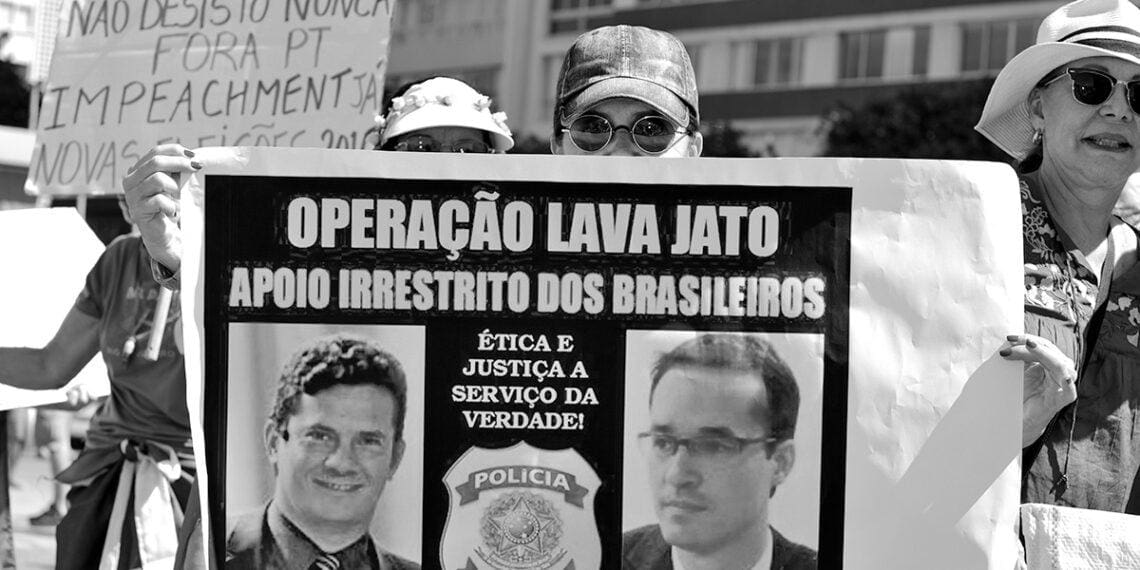Chile’s new economic crimes law promises to impose stricter penalties on corporate wrongdoing. While it has its detractors — and nuance is likely to be added over the coming years — Francisca Franzani, a partner in the Santiago office of global law firm DLA Piper, explores the changes Law 21.595 is set to bring.
Law 21.595, known as the “Economic and Environmental Crimes Law,” significantly reshaped Chile’s criminal justice system concerning economic crimes, particularly in the context of prosecuting so-called white-collar crimes committed within the business sector.
One of the primary changes introduced by this new law, which went into effect on Sept. 1, is the establishment of a parallel system to the country’s penal code, designed to impose stricter penalties on individuals who commit crimes for the benefit of a company or who, by virtue of their role, function or position within the company, engage in illegal conduct.
The law has its supporters and detractors, but there’s little doubt that it represents a seismic shift in the handling of economic crimes in Chile, giving authorities new tools in their arsenal to address corporate wrongdoing.
Mitigating & aggravating circumstances
Among the law’s modifications, a notable change is the inability to access the mitigating and aggravating circumstances provided in the penal code, such as the previous irreproachable conduct. This mitigating circumstance allows for a reduced sentence based on the individual’s prior clean record, meaning they have not committed any crimes before the act for which they are being judged. In other words, it refers to being a “first-time offender.”
This and other modifying circumstances of criminal liability are replaced, in cases where the crime is considered economic under this law, by a new set of mitigating and aggravating circumstances closely linked to both the degree of culpability of the individual who perpetrates the unlawful act and the economic consequences derived from its commission.
Since its enactment, the law has sparked criticism, particularly regarding the removal of mitigating factors like previous irreproachable conduct. Critics argue that this exclusion could be unconstitutional, as there are insufficient grounds to justify its inapplicability to these types of crimes, openly violating the principle of equality before the law enshrined in the country’s constitution.
On the other hand, those who defend the new regulation argue that the previous irreproachable conduct mitigating factor would serve as a get-out-of-jail-free card for those responsible for economic crimes, who generally have no prior criminal record, to obtain sentence reductions. However, the question arises: isn’t that precisely the purpose of this mitigating factor?
In this sense, the legislature’s decision seems to have been guided more by criminal policy considerations than by strictly dogmatic criteria. As a result, it is likely that, in the application of these new rules, challenges will be brought before the Constitutional Court of Chile to prevent their enforcement in specific cases.
This debate is particularly relevant, especially considering that one of the new aggravating circumstances of criminal liability under the economic crimes law is the increased penalty for those who commit the crime by taking advantage of their intermediate or superior position within the organizational structure of the company.
While critics of this law have argued that this circumstance would be unconstitutional, as it sanctions those who commit crimes merely for holding a position within the organization, the fact is that the law requires the person committing the crime to “actively participate from their intermediate or superior position within the organization where the crime was perpetrated.” In other words, for these circumstances to apply, the individual must have acted — in connection with their position — in the commission of the crime. It would not be enough to simply hold a significant position within the company.
Our Shared Neighborhood: Corporate Criminal Enforcement & Compliance in Latin America
Navigating pitfalls of doing business in risk-filled region
Read moreDetailsImplications for investigators
Although these changes will be widely debated by legal scholars and our courts of justice, another important angle is how the Public Prosecutor’s Office and auxiliary criminal prosecution bodies (e.g., police) will conduct its investigations. The creation of a parallel system implies that prosecutors must apply new investigative techniques to establish certain elements that, prior to this law, were not entirely relevant for criminal charges or sentencing.
Knowledge of corporate governance structures and the way business activities are conducted in complex organizations will be crucial for the proper application of this new law. This, coupled with the intricate nature of the criminal types in corporate, securities, tax or even environmental matters, will require a reformulation of how criminal investigations and prosecutions are carried out. However, the challenge is twofold, as, despite this law structurally reforming the logic of criminal prosecution, it does not provide additional resources to either the police or the Public Prosecutor’s Office.
Another significant change introduced by this law is the reform of the corporate criminal liability system in Chile. Although this regulation has been in effect since 2009, its application has been quite limited, with approximately a dozen convictions in nearly 15 years since its enactment.
In this area, the main reforms include expanding the catalog of offenses for which a legal entity can be held criminally liable, extending the scope of individuals within the organization who can trigger criminal liability, eliminating the benefit or profit as a requirement for criminal charges and limiting criminal liability only to entities that do not have a crime prevention model in place.
These changes have led some scholars to suggest that the attribution of criminal liability to a legal entity would be more automatic compared to the previous system, which would also encourage and facilitate both prosecutorial efforts and the ability of the Public Prosecutor’s Office to bring charges.
Fortunately, the law provides a solution to avoid exposure to the new and numerous criminal risks for both companies and the individuals within them. This is achieved through strengthening the benefits of seriously and responsibly adopting and implementing a crime prevention model. Indeed, having an adequate and effective crime prevention model would allow the legal entity to be exempt from criminal liability if someone within the company violates the internal regulations of the model and commits a crime within the organization.
These models are frameworks that enable legal entities to comply with legal requirements by establishing appropriate mechanisms for identifying processes and risks, assigning individuals responsible for executing and overseeing effective controls in preventing such risks and implementing review, audit and continuous update mechanisms, among other elements necessary to prevent the commission of offenses from being facilitated by the lack of effective implementation of a compliance system.
This new legislation represents a pivotal shift in the treatment of economic and environmental crimes in Chile, with a stricter focus on criminal prosecution of illicit business conduct. While the implementation of these changes poses significant challenges for both companies and authorities, particularly regarding the proper investigation and application of the new criteria, strengthening crime prevention models emerges as a key tool to mitigate risks and ensure compliance. The success of this reform will largely depend on the ability of the Public Prosecutor’s Office and organizations to adapt to this new legal landscape, promoting an environment of greater responsibility and transparency in the business sector.













